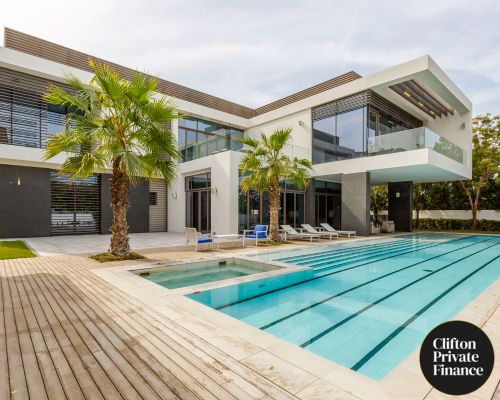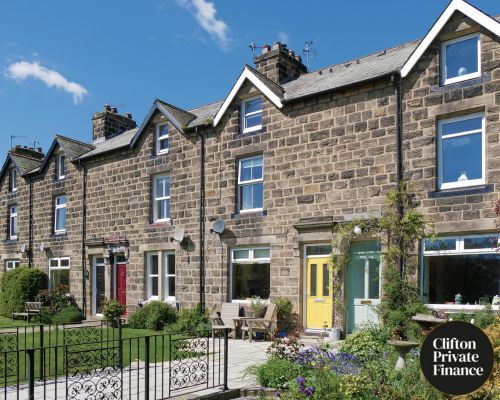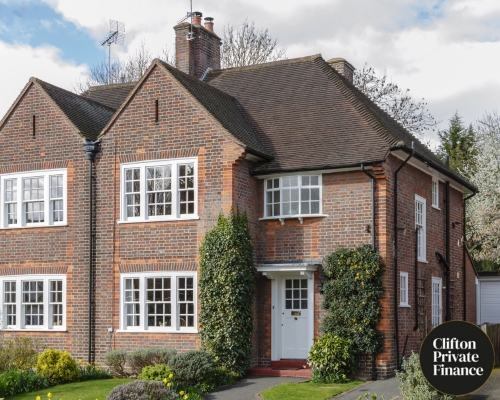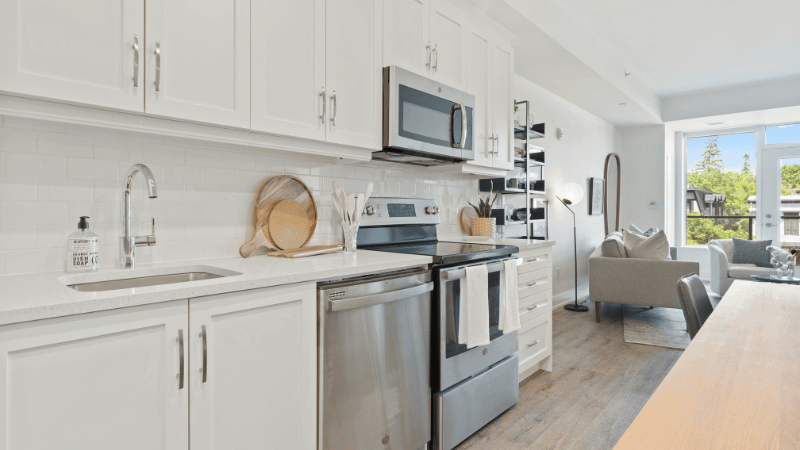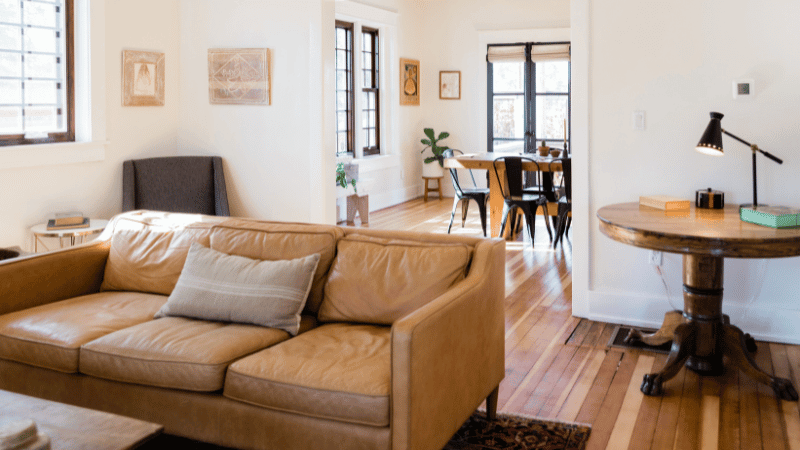Categories
UK Mortgages For Expats In Monaco

Even non-doms want to sleep in their own beds when they do their Christmas shopping in London. And hard-working expats further down the payscale in the principality want to invest their tax-free Euros in a profitable buy-to-let, or a future home back in Britain which comes with a bit more of a back yard.
Not much beats the Belle Époque pleasures of espresso at the Café de Paris. Unless it’s sipping a Sazerac at the Savoy above the twinkling Thames. Or striding through the autumn leaves on Hampstead Heath.
For every exile living in the Mediterranean sunshine there comes a time when wet dogs and a gentle drizzle have an irresistible appeal.
If you’re a UK non-dom in Monte Carlo, your accountant will be steering you around the "sufficient ties" test for UK tax so you can enjoy your UK property, and that unique British life, within the time limitations.
Meanwhile, for working expats in Monaco, renting in the city-state can be surprisingly manageable, but property ownership is beyond even a tax-free salary. If you want to start building a property portfolio it makes sense to get a foothold back in the UK now, while overheated prices in some of the most popular British postcodes are taking a pause in the midst of Brexit uncertainty, but rental returns are still strong.
What do you need property finance for?
1 Buying a home in the UK
If you’re working in Monte Carlo but looking to buy a property to return to in Britain, the deciding factor for whether you can be considered for a residential expat mortgage will be whether you intend to let it out in the meantime.
To qualify as residential rather than a more costly buy-to-let mortgage (interest rates commonly 1% higher) a lender may want to know the date of your planned return, and there will be restrictions on renting out the property in the meantime.
Conditions will vary, but your lender may grant you a Consent to Let, so you will need to factor these restrictions into your affordability costings. You’ll usually need to put down a 25% deposit.
When you return you will want to switch out of your expatriate rate mortgage at the earliest opportunity, so try to avoid being open-ended on your return date, and take out your expatriate mortgage for the shortest term you can afford.
2 Re-mortgaging a property you own in the UK
If you already own UK property and have built up equity in it through capital repayments on your mortgage, or by making substantial improvements, or because its value has appreciated, you can either use that equity to negotiate a better rate on a new mortgage, or re-mortgage to release that equity for a new investment project.
3 Selling and buying another property
Instead of owning multiple properties you may prefer to limit your transaction costs and upgrade on the UK property you already own. Or, anticipating a return to the UK, you may want to purchase in a different area convenient to work, or closer to family.
Again, whether you intend to let out the property or keep it for your own use will be important factors to discuss with your broker.
4 Buying a rental property
Buy-to-lets in the UK have been showing good returns, with rental yield in England and Wales averaging 4.4%. Deposits required from expats for buy-to-lets are usually 35%.
Owners with proven experience as landlords may want to extend into the even more profitable area of multiple-letting. A house in multiple occupancy (HMO), which is rented out to three or more unrelated tenants using shared facilities, each on a separate tenancy agreement, (such as a student let) can show rental returns up to three times higher than the yield on single tenancies.
HMO mortgages aren’t usually available to owners without a track record as landlords. Particularly with expat borrowers, lenders want to be assured that you are across all the additional costs and long-distance management issues.
Key issues when applying for a UK mortgage from Monaco
Proof of income
A Euro income imported into the UK to pay a mortgage will be affected by fluctuating exchange rates, so your earnings will be subject to additional ability-to-pay stress testing. Salaried employment is quite straightforward, and you may only need to provide copies of three to six months’ payslips.
If you have a complex income, a mortgage broker may need to find you a lender who will take the full range of your assets into consideration (such as stocks, shares and pensions).
Freelance or self-employment requires more detailed proof of earnings – possibly two to three years’ worth of accounts, certified by an accountant who is a member of a recognised professional organisation. You need to expect that the process of verification will take longer.
The effect of the European Mortgage Credit Directive
New regulations were incorporated into the domestic law of EU member countries in 2016 which affected all expat borrowers with mortgages in EU member countries. Regardless of Monaco’s status in relation to the EU, British lenders currently adhere to these regulations.
The aim of the Mortgage Credit Directive (MCD) was to give some protection to lenders from currency fluctuations. Borrowers now have the right to convert their payments on an MCD-regulated mortgage into an alternative currency, under specified conditions.
Unfortunately the effect has been to make lenders more cautious about providing expat mortgages, and many of them withdrew from the market, or transferred these products to separate international entities.
However, other niche lenders are stepping into the space vacated by the high street lenders. Most of them are little-known to customers, or are accessible only via brokers.
UK mortgage rates can be misleading
Before you calculate your ROI on a UK property investment, you need to be aware that the fees for expat mortgages are different to those quoted for domestic mortgages, reflecting the greater time-costs involved in verifications and setting them up.
An experienced broker will package your application as advantageously as possible, to minimise the additional costs.
Go to a specialist mortgage broker
If you’re trying to arrange finance from Monaco, or on a brief visit back to the UK, you can’t afford to be waiting around while your application waits to be approved by a lender who doesn’t understand expat mortgages or accept your particular criteria.
An experienced broker will be able to package together all the information a prospective lender may need, and will take your application to the right lender to suit your circumstances – resulting in a speedier process.
Call Clifton Private Finance to speak to a broker experienced in expatriate mortgages









